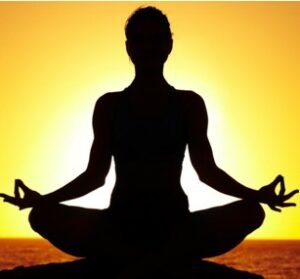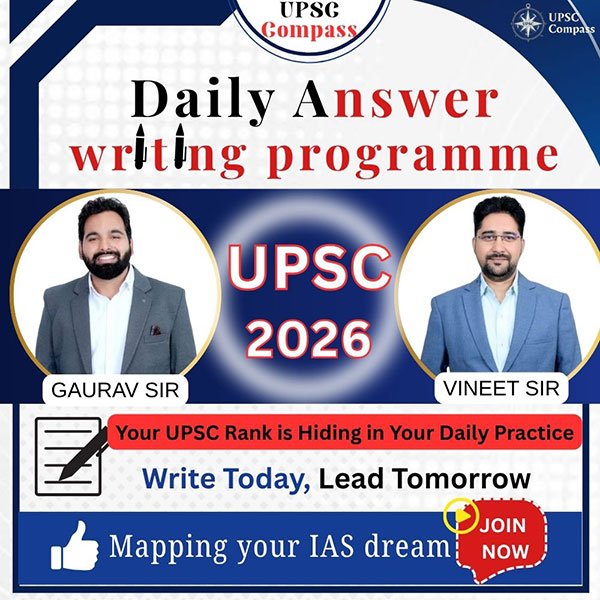
The 11th International Yoga Day (IYD) is celebrated worldwide on 21st June with the theme ‘Yoga for One Earth, One Health’.
Origin and Meaning of Yoga:
The word ‘Yoga’ comes from the Sanskrit word ‘Yuj’ meaning to join or unite.
Yoga aims to unite the mind and body of a person in harmony.
It combines asanas (poses), meditation techniques, and breathing exercises.
Yoga connects individual consciousness with universal consciousness.
Regular practice of yoga promotes flexibility and mental peace.
It is practiced using different types of asanas and meditation methods.
Popular Types of Yoga (Ministry of Ayush):
Japa Yoga and Karma Yoga are among the eight popular styles.
Gyana Yoga and Bhakti Yoga emphasize knowledge and devotion.
Raja Yoga and Swara Yoga focus on discipline and breath.
Kundalini and Nadi Yoga relate to spiritual energy flow.
History of Yoga:
Yoga is said to be older than any religion or belief system.
The earliest pictorial evidence is from Indus Valley seals (circa 2700 BC).
The Pashupati Seal shows a figure in a yogic posture from Mohenjo-daro.
The word ‘Yoga’ appears in Rig Veda around 1500 BC.
Classical Yoga period ranges from 500 BC to 800 AD.
During this period, Yoga entered Buddhism and Jainism as a path to peace.
Maharishi Patanjali is considered the Father of Yoga.
Between 800–1700 AD, Jnana Yoga and Raja Yoga developed further.
After 1700 AD, Yoga shifted towards physical strength and wellness.
Notable modern yogis include Swami Vivekananda and Ramana Maharshi.
Yoga Sutras of Patanjali:
The Yoga Sutras were composed by Patanjali in the 2nd century BCE.
These contain around 195 sutras written in Sanskrit language.
The sutras explain principles of Yoga and its eight limbs.
They are translated into over 30 languages, including Arabic and Japanese.
Swami Vivekananda propagated these in Western countries.
International Yoga Day:
International Yoga Day is observed on 21st June every year.
UNGA declared it in 2014 under Resolution 69/131.
It promotes global awareness about Yoga’s benefits.
It strengthens India’s soft power on the global stage.
The Indian Diaspora acts as Yoga’s global ambassador.
The 8th International Yoga Day in 2022 had the theme ‘Yoga for Humanity’.
Famous Yoga Gurus in India:
B.K.S. Iyengar:
B.K.S. Iyengar is the founder of Iyengar Yoga style.
He authored the famous book Light on Yoga, a global reference on asanas.
His message “Yoga is for everyone” helped globalize Indian yoga practices.
-
Krishnamacharya:
-
Krishnamacharya is regarded as a top yoga expert and Vedic scholar.




